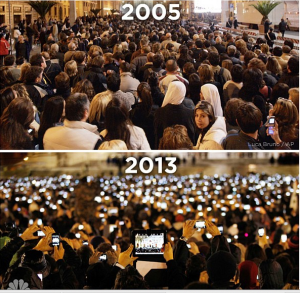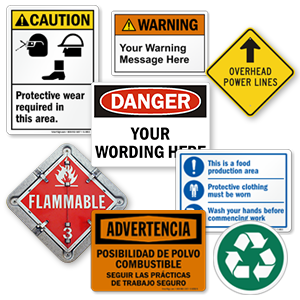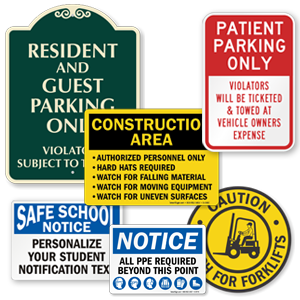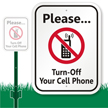Teenagers and technology: What can parents do?

This image of two different papal inaugurations exemplifies how technology has changed our lives. By Michael Sohn via NBC News.
A picture posted on NBC New’s Instagram feed in March 2013 shows how much our world has been affected by the 21st century’s most visible tech revolution. The top of the picture is Saint Peter’s Square in 2005 and the bottom is from the same perspective but taken in 2013.
If you are over thirty, the far reaching consequences of this change may be taking you by surprise. With the visible advent of smartphones comes the invisible sea change in consciousness introduced by social media and the growth of Big-Data-driven commerce. Understanding the profundity of the change can make your head spin. Understanding how it will affect future generations can well nigh induce a panic attack.
Kids have always been kids. Rosalind Wiseman didn’t invent Mean Girls; they’ve been around since our species started walking on two legs. But the physical boundaries that used to separate us from one another if we needed privacy, quiet, or refuge from a bully seem to have evaporated.
The world itself has changed. Around the time humans became a primarily urban species, we started developing social disorders like ADHD and ASPD on an epidemic scale, perhaps because close physical proximity requires stringent restrictions on behavior and movement. If boys and girls suffer from reduced recess time in our schools, is it any wonder that they desperately seek escape in a virtual world without boundaries or limits?
To make matters worse, the Internet has a way of enforcing and amplifying the neuroses it creates. Teen tech addiction has become the focus of many readers’ worst fears. Google a bit and you will find articles with alarming titles like “Teens and Screens: The New Addiction” and “6 Key Indicators Showing Your Teen’s Addiction To Social Media.”

From Jhaymesisviphotography.
While most of these articles don’t have much scientific credibility, a study by the Cranfield University School of Management reports that nearly two-thirds of teen survey respondents said they were very or quite addicted to the internet, and half of respondents said they are addicted to their mobile phones.
Some effects of this addiction appear entirely predictable. For one, people under 18 seem unable to either write long, grammatically complex sentences, or read piece of writing with more than a few hundred words. The Pew Internet and American Life Project, which has been studying the explosive impact of the internet since 2000, reports that in addition to teens’ diminishing ability to craft writing above 140 characters long, teens increasingly think cutting and pasting text from the internet into a document they claim to have written is not plagiarism.
What can you do to save your children (and yourself) from an unhealthy relationship to the cold glare of ubiquitous digital technology? There are tech camps for children and adults. If you don’t want to spend a lot of money, you could take a camping trip somewhere mobile phone reception is poor. Of course, that means you yourself will have to disconnect from your device, stop taking work emails on the weekend, and impose a blackout on all tweets and status updates. In the process you may find that teens learn self-control from their elders, and forging a tech-ethical life begins at home.













